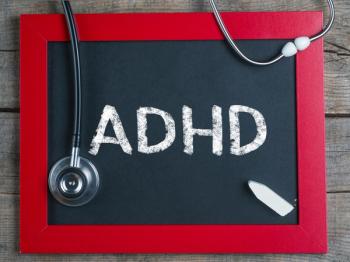
Catch up on all the latest in ADHD from the APSARD virtual 2022 Annual Meeting.

Ms Duerr is the editorial director of Psychiatric Times.

Catch up on all the latest in ADHD from the APSARD virtual 2022 Annual Meeting.

What can you do to support your patient's heart health?


This week, Psychiatric Times shared updates and clinical news, practice pearls, and commentaries.

Ann Childress, MD, shares insights into ADHD in very young children at the 2022 APSARD Conference.

A psychiatrist shares his love of poetry and how it has helped him personally and professionally.


This case presented as part of the Poster Presentations at the 2021 NEI Congress is a good reminder of the importance of taking a thorough history.

How can we improve treatment response? Look to the patient.

Did you miss the Annual Psychiatric Times World CME Conference? Don't worry, we've got you covered.
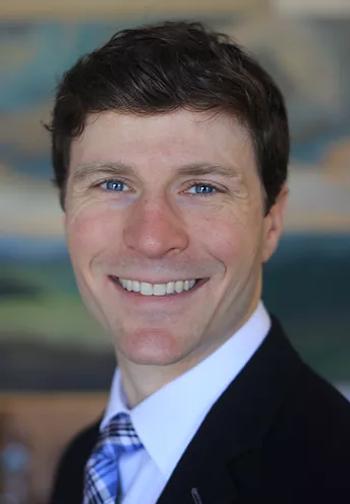
These 3 essential steps best support patients with borderline personality disorder, according to Carl Fleisher, MD.
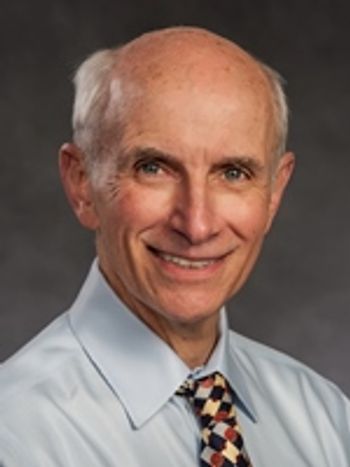
Sheldon Preskorn, MD, shares insights into drug mechanisms and delivery to better help patients with major depressive disorder.
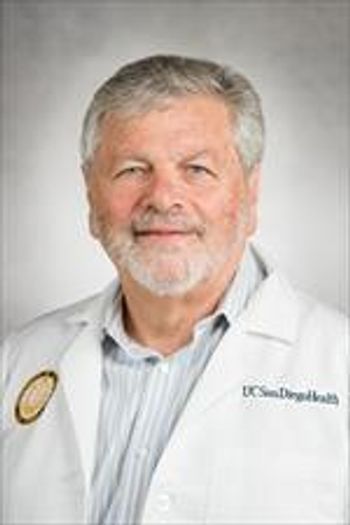
Sidney Zisook, MD, shares insights into defining depression diagnosis.

Health care workers have always been prone to stress and burnout, and the COVID-19 pandemic exacerbated the issue. What do we know about burnout and how can we prevent and address it?

The pandemic caused the shut down of schools and resulted in virtual learning for most of the world's children and adolescents. How did they fare?

The 2021 American Psychiatric Association Virtual Annual Meeting brought together leaders in psychiatry to discuss hot topics including diversity, COVID-19, mood disorders, and more.

Joshua A. Gordon, MD, PhD, National Institute of Mental Health Director, leverages lessons from past natural disasters and traumas to foster resiliency and inform future research endeavors.

In his William C. Menninger Memorial Lecture, Anthony S. Fauci, MD, shared lessons learned and remaining challenges for the COVID-19 pandemic, especially in terms of mental health and behavioral issues.

Too often, the medical issues associated with traumatic brain injury are mistakenly diagnosed as psychiatric disorders. A few simple questions and tests can elucidate the real culprit and lead to appropriate treatment.

Over the last year, we have compiled numerous videos about all aspects of psychiatry, medicine, and society. Check out a sampling here.

The Racism & Psychiatry collection highlights the ways communities of color have been uniquely impacted by climate disruption and what psychiatrists can do about it.

Key leaders experienced in real-world clinical practice share on a range of topics.

What issues do you anticipate your patients will struggle with during the upcoming holidays?

New and improved treatment options are surfacing, thanks to an improved understanding of psychoneuroendocrinology.
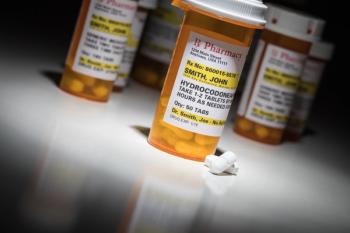
While there are risks for prescribing benzodiazepines and opioids concurrently, experts agree there are times when it may be an appropriate treatment decision.
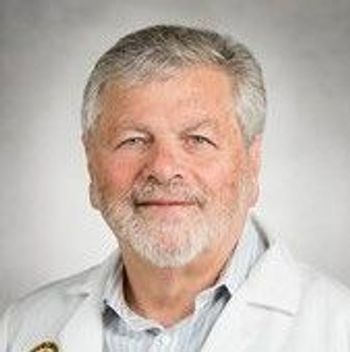
“The best indicator of the future is looking at the past,” Sidney Zisook, MD, told attendees of the Annual Psychiatric Times® World CME Conference™. Dr Zisook spoke to the future of psychiatry in the Educator of the Year Lecture.

Do you live by the old adage not to discuss religion or politics? Or, do you welcome controversy and let the chips fall where they may?
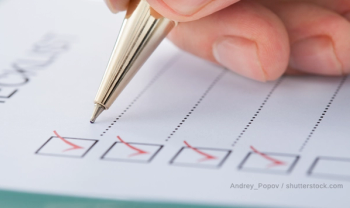
With the National Conventions upon us, election coverage has started to increase in the news. Are you noticing more election anxiety in family, friends, and your community?
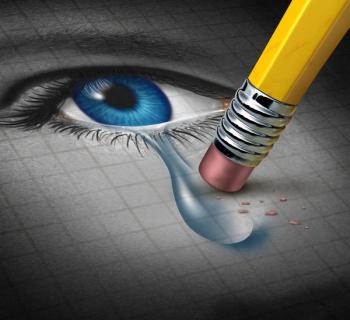
What can be done about racism? We're so glad you asked.

As cultural issues collide with science, what concerns do you have for the health of your patients?